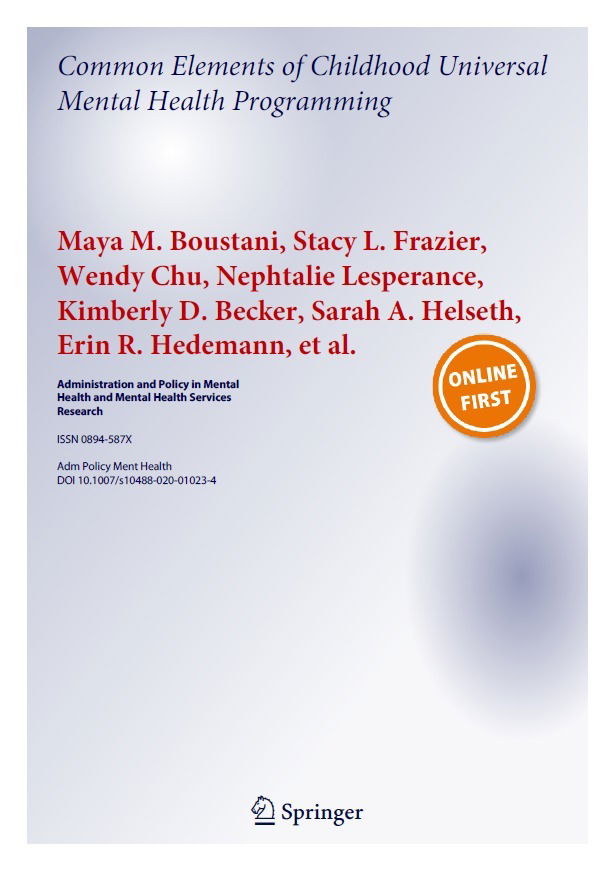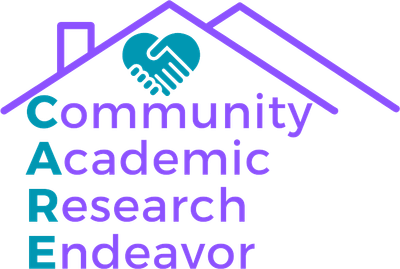Common Elements of Universal Childhood Prevention Programming

Despite the availability of multiple mental health prevention and promotion programs for children, challenges related to their dissemination limit their reach and impact. This review identifies the most common practice elements of effective childhood universal mental health programming for children ages 3–11, based on a structured interpretation and coding of program manuals and descriptions in peer-reviewed articles. Across a range of program goals and targeted outcomes, psychoeducation and problem solving emerged as the most common practice elements, followed by social skills training, insight building, and communication skills. These skills were largely taught via role-plays and modeling. Synthesizing what we know from the universal mental health programming literature has potential to facilitate dissemination of information to inform the development, adaptation or adoption of programs for children.
Full text available here:



